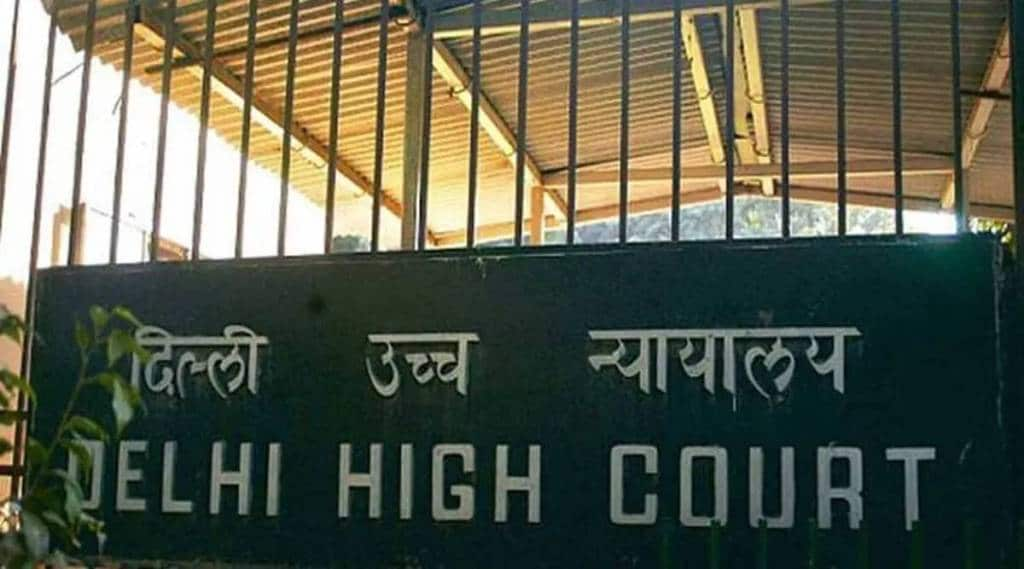The Centre received a shot in the arm, with the Delhi High Court on Monday setting aside the International Chamber of Commerce’s (ICC’s) order directing Antrix, the commercial arm of Isro, to pay damages of $560 million, with interest, to Bengaluru-based startup Devas Multimedia.
Justice Sanjeev Sachdeva, while ruling in favour of Antrix, held that the September 14, 2015 arbitral award suffered from patent illegalities and fraud ,while being in conflict with the public policy of India.
“The basic notions of morality and justice are always in conflict with fraud and that allowing Devas and its shareholders to reap the benefits of their fraudulent action, would send another wrong message, namely that by adopting fraudulent means and by bringing into India an investment in a sum of Rs 579 crore, the investors can hope to get tens of thousands of crores of rupees, even after siphoning of Rs 488 crore,” the HC said.
Also read| Delhi HC allows levying of service charges on food bills
The Supreme Court, in its January 2022 judgment, while rejecting an appeal filed by Devas Multimedia against its winding-up order, had already held that the very seeds of the commercial relationship between Antrix and Devas were a product of fraud perpetrated by Devas, and thus every part of the plant that grew out of those seeds, such as the agreement, the disputes and arbitral awards, were all infected with the poison of fraud.
“Additionally, findings on fraud returned by the Supreme Court by its January 17, 2022 judgment clearly establish that award contravenes the fundamental policy of Indian law being in conflict with the most basic notions of justice and is also contrary to the national economic interest having also violated the FIPB Policies and the provisions of… PMLA and thus antithetical to the fundamental policy of Indian law,” the HC judgment stated.
Also read| Delhi High Court asks Vivo to furnish Rs 950-crore bank guarantee to operate bank accounts
Antrix and Devas had entered into an agreement in 2005 by which the latter was to provide multimedia services to mobile platforms in India using the S-band spectrum transponders on two Isro (Indian Space Research Organisation) satellites built at a cost of Rs 766 crore. The deal was cancelled in 2011 by Antrix on grounds of “national security”.
Devas then initiated arbitration against the annulment at the ICC. Two separate arbitrations were also initiated under the Bilateral Investment Treaty by Mauritius investors in Devas Multimedia under the India-Mauritius BIT and by Deutsche Telekom — a German company — under the India-Germany BIT. India lost all three disputes.
Devas submitted that the actual motive behind Antrix seeking its winding up is to deprive it of the benefits of a unanimous award passed by the ICC, presided over by a former Chief Justice of India and the two BIT awards, and that such attempts on the part of a corporate entity wholly owned by the Government of India would send a wrong message to international investors.
Antrix argued that the contract from which the arbitral award arose was wholly vitiated due to acts of corruption, fraud and criminality committed by the erstwhile management of Antrix and Devas.


